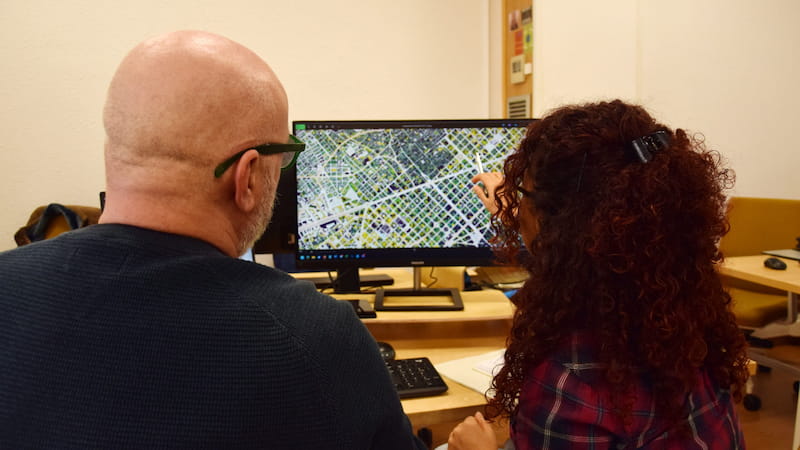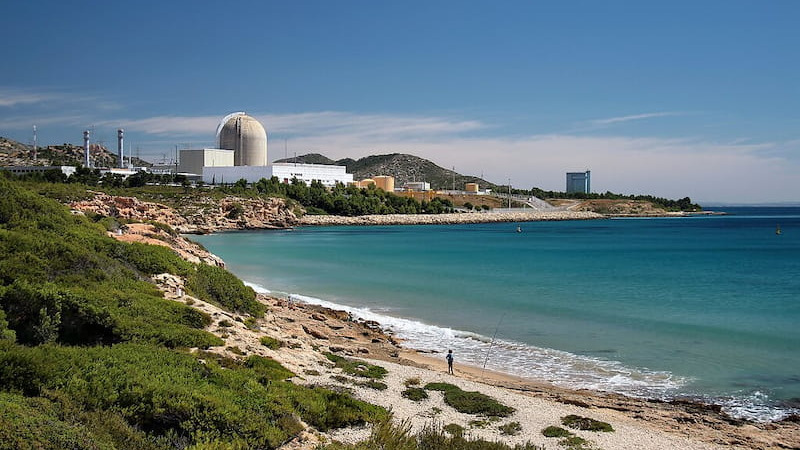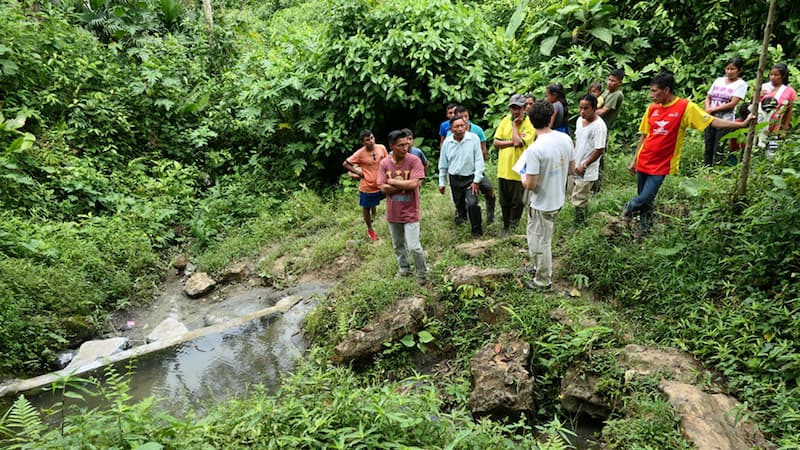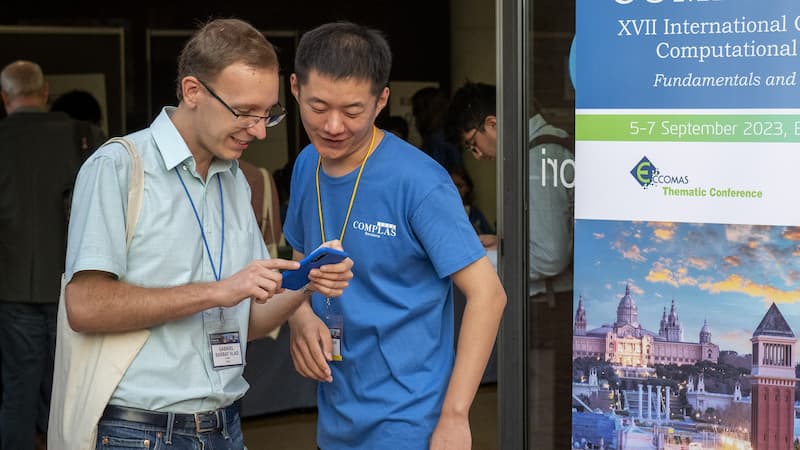Wednesday, April 27th, 2022. Time: 15h
Online – Session link: https://meet.google.com/ywr-jgsi-pzw
ABSTRACT
There are about twenty natural parks in which a good quality of ecosystems is ensured in Catalonia. The impacts that affect them, possibly derived from anthropogenic activities, can reduce this quality.
These impacts may be caused, in part, by human attendance. Humans now visit different parks to get to know the species, to be in touch with nature, or simply to disconnect from the stress of the city or everyday life. Visiting these parks may be overcrowded, or visitors may not really care about nature. This can lead to stress in the species, which can lead to their gradual loss.
At present, there is no information on the frequency of visits to the different Catalan natural parks or the most common uses of them. So it is unknown at this time what he will do after leaving the post.
In this line, we are working on challenge 5. It aims to obtain data on attendance at different natural parks, both terrestrial and marine, every day of the year. This data will be recorded by cameras located in different places in the parks, including at the entrance and exit. The cameras recognize the people and count them and record them at the entrance and exit, to know at all times the number of people inside the place.
At the moment, we are trying to find out which parks are the most frequented, the most impacted, or the most relevant in terms of the number of visitors. In addition, the aim is to carry out a study to verify whether there is a relationship between visitor attendance and the gradual loss of biodiversity in these places. In order to control the abundance of this biodiversity, key species or bioindicators will be identified to observe if the human presence negatively affects them.
This study can help administrations to make decisions for better management and to have, in the future, a better space to enjoy nature with the diversity of suitable species.
SPEAKER CV
Pedro Arnau is a PhD in Physical Oceanography by the Universitat Politècnica de Catalunya. Since 2010, he is coordinator of Natura department at CIMNE. His main research line are desalination using vacuum, energy storage, climate adaptation, dynamics of geophysics fluids, technology convergence as integration of smart wireless sensor networks with IT in diverse fields as environment. He has coordinated and collaborated in several research projects, at both national and European level. All of them were related to Information Technologies: WSN technology, GIS (geographical information systems), AI (artificial intelligence), design of collaborative internet tools (CIMNE Virtual Center) and decision support systems and platforms.
Project funded by

<!–
Project funded by

–>







